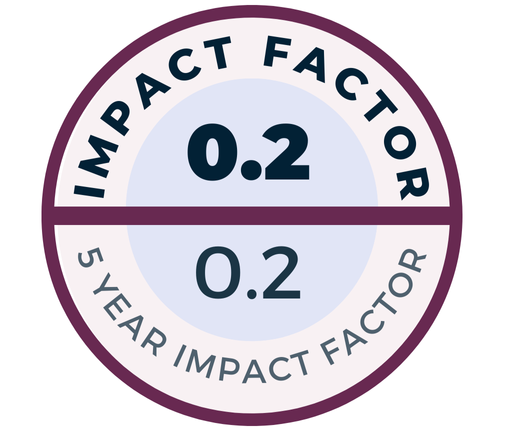Objective: In this study, our aim was to evaluate statistically demographic distribution, presenting complaints, requested examinations, prescribed drugs, and follow-up recommendations related to the patients who applied to the otorhinolaryngology outpatient clinics in a rural area of Turkey.
Methods: Examinations, and treatments applied by three physicians on separate days, and at different times of the day in outpatient clinics were recorded.
Results: When the complaints of the patients were analyzed, upper respiratory tract infections were observed as the most frequent causes of hospital referrals. It has been indicated that any tests had not been required from majority of the patients, and if required, most of them were audiological tests. Prescriptions were written for the treatment of upper respiratory tract infections, and follow-up visits were not recommended for half of the patients.
Conclusion: As deduced from this study, primary, and secondary health care services provide 1/3, and 2/3 of otorhinolaryngology services in the rural areas of Turkey.
Kırsal alanda kulak burun boğaz hekimliği
Amaç: Bu çalışmada, Türkiye'nin kırsal kesimindeki KBB polikliniğine başvuran hastaların demografik dağılımları, başvuru şikayetleri, istenen tetkikler, yazılan ilaçlar ve kontrol önerilerinin istatistiksel değerlendirilmesi amaçlandı.
Yöntem: KBB polikliniğinde üç ayrı hekim tarafından değişik gün ve saatlerde yapılan muayene ve tedaviler kayıt edildi.
Bulgular: Hastaların başvuru şikâyetleri incelendiğinde en sık üst solunum yolları enfeksiyonları nedenleri ile başvurmuş olduğu gözlendi. Hastaların büyük kısmından herhangi bir tetkik istenmediği ve istenen tetkiklerin büyük kısmını da odyolojik tetkikler olduğu belirlendi. Hastalara yazılan reçetelerin de üst solunum yolları enfeksiyonlarına yönelik olduğu saptanırken, tedavi sonrası hastaların yarısına da kontrol önerilmemiş olduğu görüldü.
Sonuç: Türkiye'de kırsal kesime sunulan KBB hizmetlerinin yaklaşık 1/3'lük kısmının 1. basamak sağlık hizmetlerini, 2/3'lük kısmının ise 2. basamak sağlık hizmetlerini içerdiği gözlenmiştir.

.jpeg)
